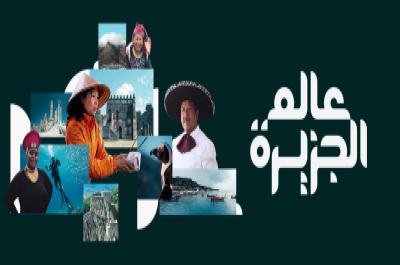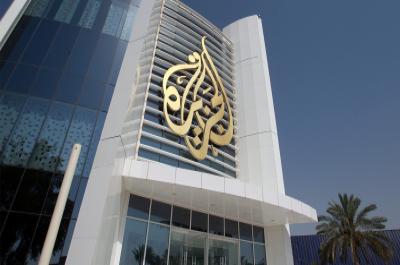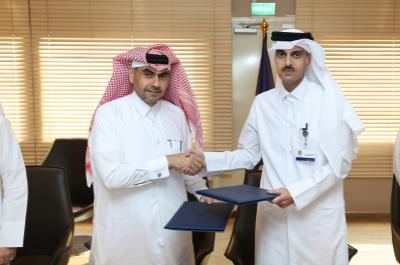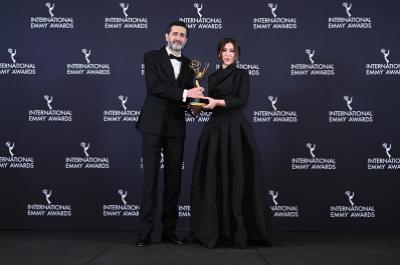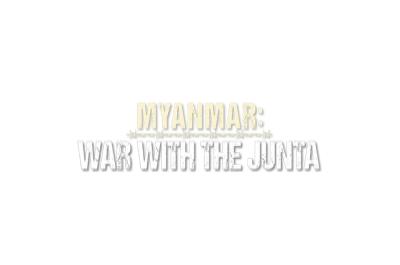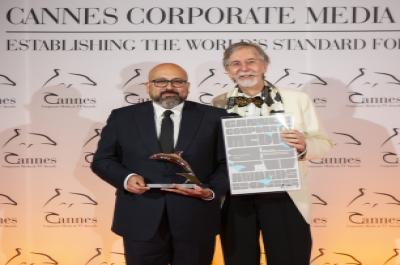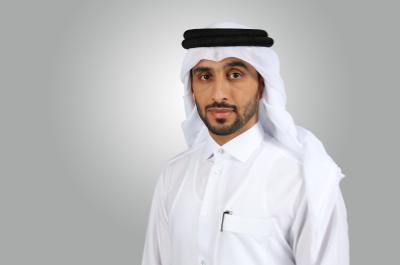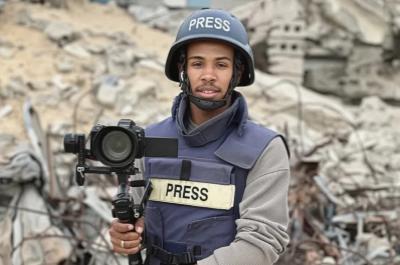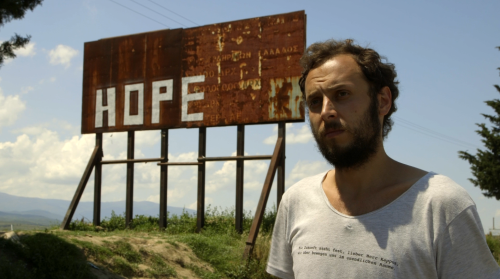
Al Jazeera English to air “Europe’s Forbidden Colony”
- Croatian philosopher Srećko Horvat will look behind the refugee flows, terror attacks, and Brexit to reveal what is really threatening Europe’s establishment.
- Episode one titled “The Business of Colonisation” to air on February 19th will explore the colonial methods of extraction European nations once elsewhere are now being practised on Europe itself.
- Episode two titled “The Colonised Society” which will air on February 26th will examine how this colonisation is affecting the politics of Europe with frightening reactions which include terrorism and the rise of the far right.
Doha – 26th January, 2017
From France’s Front Nationale, to neo-fascists Jobbik in Hungary and the looming Brexit, Europe’s disgruntled voters are turning to an anti-elitist populism that is challenging mainstream politics. With French and German elections due in 2017,there are fears centrist parties will lose more ground, but few can explain why. In this new two part documentary series, Croatian philosopher Srećko Horvat looks behind the refugee flows, terror attacks, and Brexit to reveal what is really threatening Europe’s establishment.
“Often these phenomena are discussed as if they are forces of nature beyond our control” says Srećko. “But as a philosopher I look for the root causes. What if the economic collapse, refugees and terrorism are actually all caused by something more fundamental?”
Starting in Idomeni, where the refugees crossed from Greece to Macedonia, Srećko goes on a pan-European odyssey that takes in the Port of Piraeus, Romanian Forests, Welsh valleys, the offices of far right parties, the channel tunnel and the European Parliament.
In the first episode, The Business of Colonisation, Srećko finds evidence that the colonial methods of extraction and democratic suppression that European nations once applied to much of the Middle East and Africa in the 19th and 20th centuries are now being practised on Europe itself.
In an exclusive revelation, former Greek Finance Minister Yanis Varoufakis tells Al Jazeera how this undemocratic colonial control was used recently to prevent Greece recovering from its debt crisis. As part of its bail out by the Troika of the European Central bank, European Commission and International Monetary Fund, Greece was forced to sell the strategic Port of Pireaus. Varoufakis tells Srećko how he negotiated a deal with the Chinese that would guarantee jobs, investment and union recognition, while the Chinese government would buy enough Greek government bonds for them to return to international money markets.
“And guess what happened,” says Varoufakis, “there was a telephone call from Berlin to Beijing saying keep off Greece while we are negotiating with them and all deals were off because, of course, China is not going to jeopardise its relationship with the heart of Europe in order to seal a deal with us.”
The second episode, The Colonised Society, Srećko looks at how the people of Europe are responding. “The major decisions that determine how life is lived are made without popular participation and that causes anger, frustration and contempt for the parliamentary system”, says Professor Noam Chomsky “And it leads to erratic and often frightening reactions.”
Srećko examines how those frightening reactions include terrorism and the rise of the far right, on trips to Molenbeek in Brussels and to meet Hungarian nationalist party Jobbick in Budapest. But the anger and frustration at colonisation has also taken a different route, as Srećko finds out in visits to French protest camps, Greek markets, German energy grids, and the City of Barcelona.
Across two 48 minute episodes, Srećko talks to Welsh steel workers, French protesters, Hungarian philosopher Agnes Heller, MEP Nigel Farage, professor Noam Chomsky, philosopher Slavoj Zizek, Socioloigist Saskia Sassen, Wikileaks founder Julian Assange, and the mayor of Barcelona Ada Colau. Srećko’s journey across Europe is deadly serious, and his analysis urgent, but the films are also lifted by the irrepressible charm and humour of one of Europe’s leading young thinkers.
Ends
Europe’s Forbidden Colony - Information
Presenter - Srećko Horvat
Director & Series Producer - Dan Davies
Editor - Robyn Wright
Production Manager – Dan Boaden
Research – Priya Biring, Dan Boaden
Commissioning Executive – Farid Barsoum/Ingrid Falk
Executive Producers – Hugh Hartford, Anson Hartford
Production Company - Banyak Films
